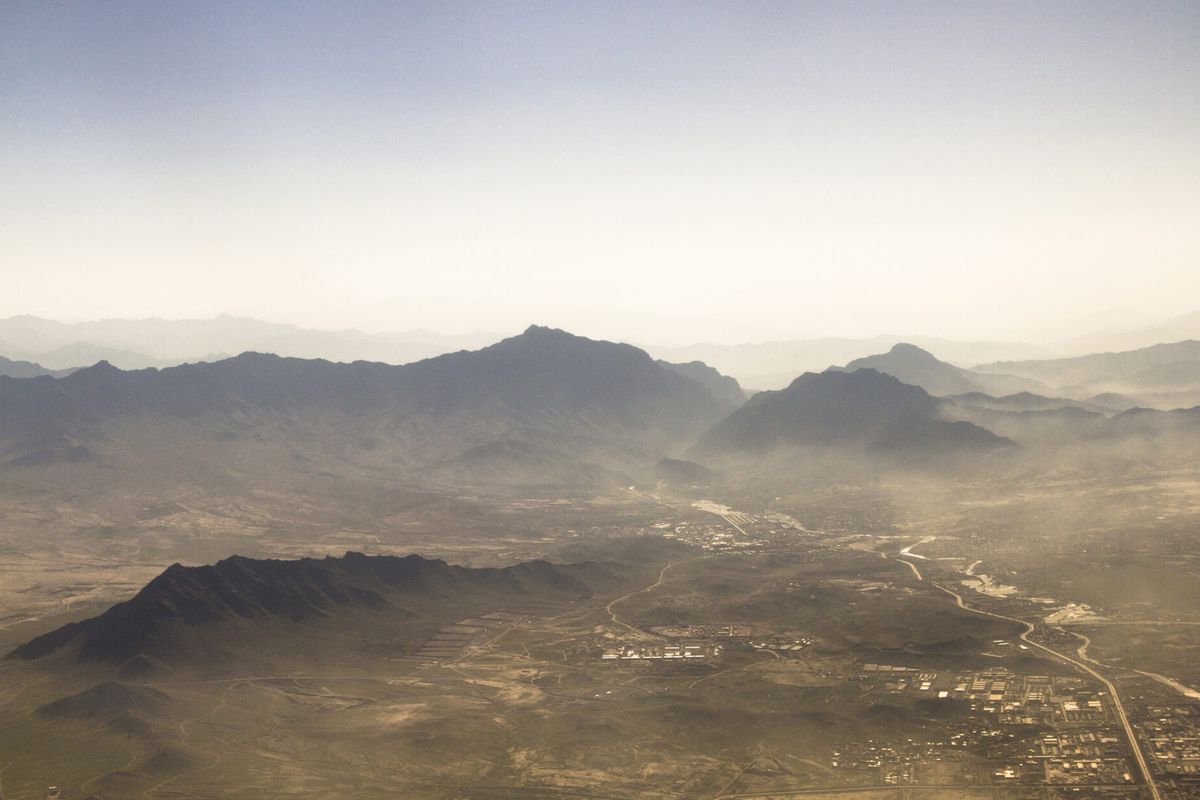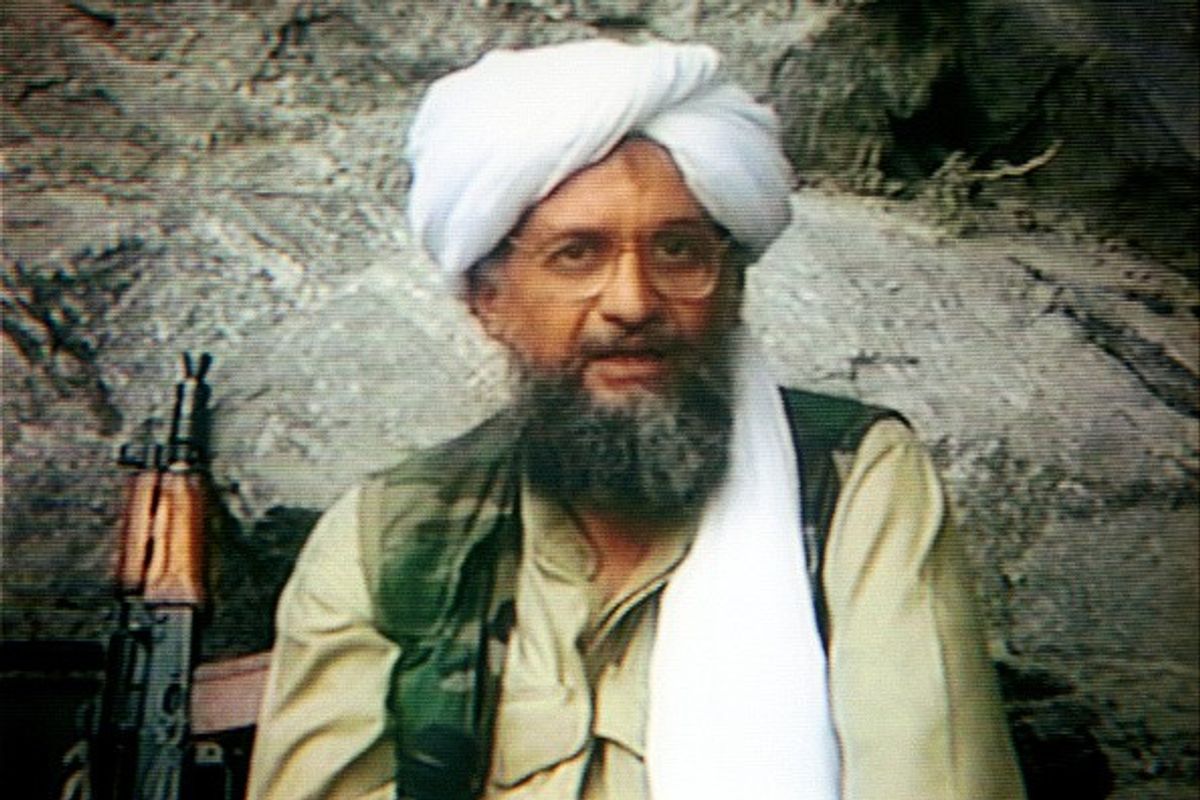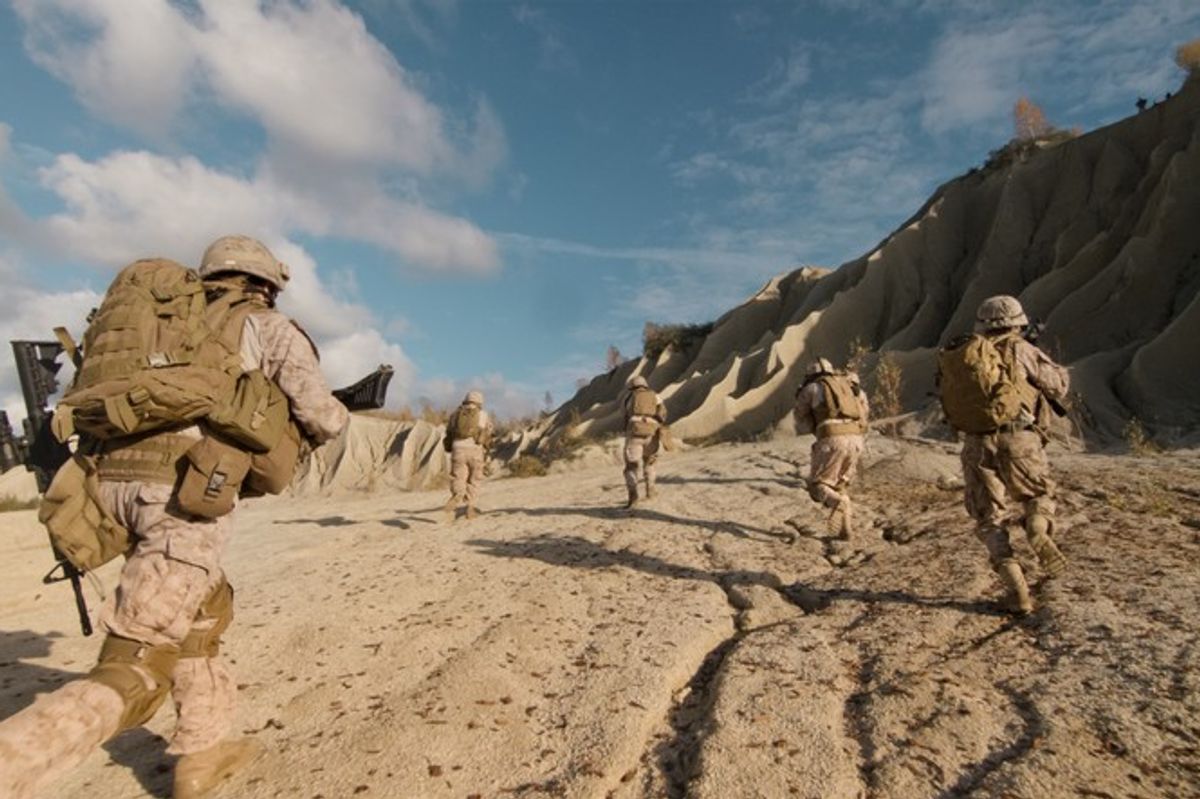Developments in the Sahel are cause for real alarm. Insecurity in northern and central Mali, the epicenter of much of the region’s al Qaeda-related violence, continues to grow, while Islamist violence has spread from there and from northern Nigeria to Burkina Faso, Cameroon, Chad, and Niger.
Just last month, gunmen killed 18 in a restaurant in Burkina Faso’s capital, and last week the U.S. announced it was pulling Peace Corps volunteers out of the country. The upswing in terrorist attacks suggests that the region’s main al Qaeda-affiliated terrorist groups, four of which unified in March under the name Group to Support Islam and Muslims (GSIM), are thriving. Similarly, a surge of attacks in and around northern Nigeria leave no doubt that the Nigerian government’s claims late last year of its victory over Boko Haram were optimistic at best.
The rise in violence associated with the al Qaeda groups, it should be recalled, is taking place despite the presence in the region of an active French counterterrorism force, known as Operation Barkhane, and the United Nations Multidimensional Integrated Stabilization Mission in Mali (known by the French acronym, MINUSMA). Both, moreover, came in the wake of the 2013 French intervention in Mali, known as Operation Serval, which wrested control of the northern part of that country from the Islamist groups that now are part of GSIM and presumably wrought significant damage upon them.
Yet Barkhane and MINUSMA appear unable to even hold the line against Islamists. Barkhane, only 4,000 strong, can best be described as engaging in a nearly futile game of whac-a-mole. As for Sahelian countries’ own security forces, they are severely constrained by their small size, tiny budgets, and lack of basic capabilities. International efforts to bolster them, such as the European Union-led training missions to Mali’s security services, have brought meager results that do not go nearly far enough.
The creation of GSIM, along with the recent violence, demonstrates that, at the very least, the groups that formed it are withstanding whatever blows the French, MINUSMA, and local security forces are able to deal them. Little is known about the extent of their coordination or the degree of centralized command and control among them, but clearly they are cooperating. Moreover, the inclusion in the group of Mali’s Macina Liberation Front, which rallies some radicals in the Peul (Fulani, in English-speaking countries) ethnic group, underscores one of the most dangerous developments yet: violent extremism has taken root among the region’s diverse ethno-linguistic communities and profits from and exacerbates inter-communal conflicts and resentments.
Defeating terrorism now requires a lot more than simply targeting militants. As much as it sounds like a cliché to say it, the region would benefit greatly from whole-of-government approaches that combine police and military operations with things such as economic development and improved governance. The need for help is all the more acute given the extreme poverty of the region. The countries of the Sahel are at the very bottom of the UN’s Human Development Index rankings, and already they are almost entirely dependent on the support of international donors to make ends meet.
Skepticism regarding the value of additional investment on the part of the U.S. and its international partners in the Sahel is reasonable. Some of these countries, Mali among them, have demonstrated a lack of seriousness with regard to addressing their problems and even a propensity for making them worse by, for example, encouraging the development of local militia among particular ethnic communities to use as proxies.
Last week’s Human Rights Watch report detailing abuses against civilians by the Malian and Burkinabé militaries similarly suggests a lack of good strategic sense, or at the very least, a reckless disregard for public perception. The most militarily effective nation in the region, Chad, is ruled by a man intent on smothering the kind of political development that the country’s long-term well-being requires. Yet the trends in violence and the emergence and apparent impunity of GSIM make clear that a policy of maintaining present levels of engagement is highly unlikely to prevent an already bad situation from becoming a lot worse.













